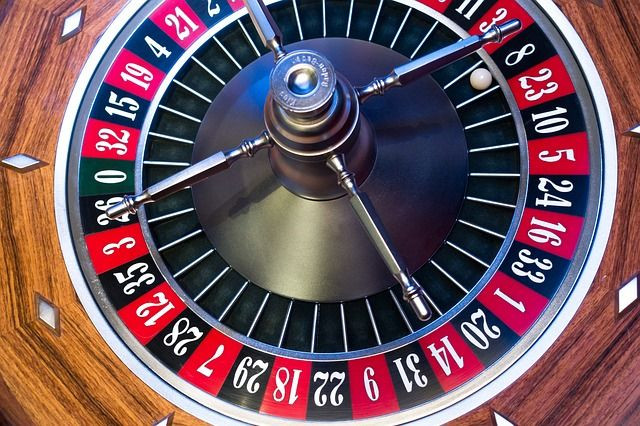Psychology Of Gambling: Brains Of Gamblers Not As Good At Recognizing, Adapting To Risk

Gamblers are often depicted as pleasure-seekers who don't know when to stop, but new research suggests that good feelings alone may not be at the root of gambling addiction. The study found that gambling addicts have higher levels of mood and anxiety disorders than the general public, and their destructive habits may be due to an inability to recognize risk and adapt accordingly.
The study, conducted by researchers from Kyoto University in Japan, used fMRI images to study the brains of gambling addicts and found that gamblers may have a poor ability to assess and adapt to high-risk situations. The team looked at areas of the brains of gambling addicts that showed altered activity. While most adults make decisions by evaluating the likelihood of success based on the level of tolerable risk, the brains of gamblers show a disruption in this cognitive ability. Their inclination towards unnecessary risky decisions may be indicative of a defect in risk assessment, The Daily Mail reported.
Read: A Brain Chemical That May Cause Gambling Addiction, or Bankruptcy
“We observed diminished activity in the dorsolateral prefrontal cortex, a region of the brain involved in cognitive flexibility," explained lead study author Hidehiko Takahashi in a recent statement. "This indicates that these subjects lack an ability to adapt their behavior to the risk level of the situation."
This is not the first study to show differences in the brains of gambling addicts compared to others. For example, a 2014 study found that the opioid systems of people with gambling problems act differently than those without addiction. The opioid system of the brain controls pleasure sensations. This altered function in gamblers may cause a reduced sensation of pleasure, as they are not able to release as many endorphins. This would require gamblers to “up the risk” to get the same high.
According to the Medicine Net, compulsive gambling affects about 2 to 3 percent of Americans, and is linked with other mental health conditions such as bipolar disorder, schizophrenia, mood problems, and antisocial personality disorder. The disorder is also closely tied to alcohol and cocaine abuse. Treatment for gambling disorders usually involve psychotherapy, medication, as well as counseling and support groups.
Source: Fujimoto A, Tsurumi K, Kawada R, et al. Deficit of state-dependent risk attitude modulation in gambling disorder. Translational Psychiatry. 2017
See Also:
Gambling Addicts' Brains Don't Have The Same Opioid Systems As Others
Gamblers Who Take Dopamine Supplements More Likely To Take Risks: The Link Between Risk And Reward



























